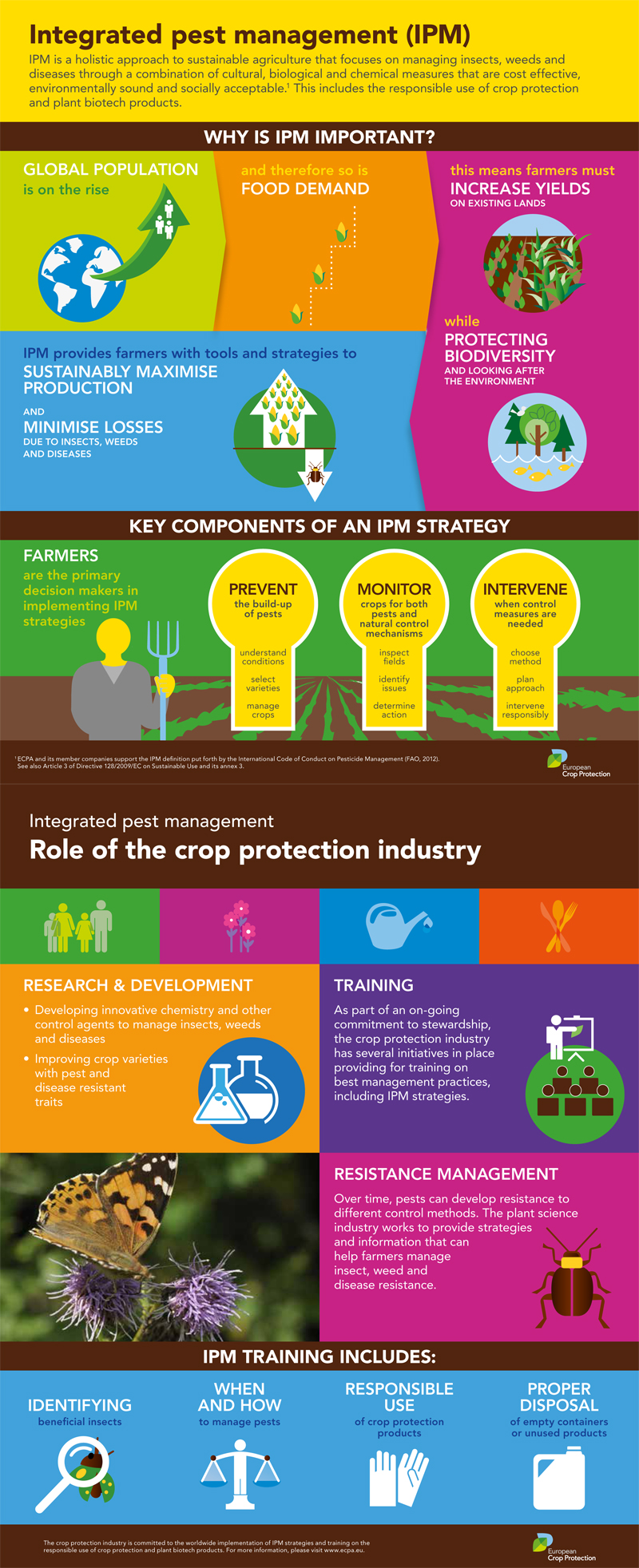Taking Care Of Rodent Infestations: Insights Into Rodent Psychology
Taking Care Of Rodent Infestations: Insights Into Rodent Psychology
Blog Article
Developed By-TRUE Corbett
When it concerns rodent control, recognizing typical rodent actions is key to successfully taking care of invasions. Did you recognize that rats have some fascinating nesting behaviors that might stun you? By discovering their intricate habits, you can obtain important understandings into just how to deal with rodent problems in an extra strategic and reliable way. So, allow's untangle the enigmas behind these creatures' actions and discover just how to outsmart them in your rodent control efforts.
Rat Nesting Behaviors
When observing rodents in their natural environment, you'll observe that they proactively seek products to construct their nests. Rats, such as computer mice and rats, are resourceful animals that utilize a variety of items like twigs, leaves, paper, and material to develop their homes. They're careful in their nest-building procedure, commonly lining their nests with softer materials like hair or feathers to develop a relaxing setting.
https://www.usda.gov/media/blog/2021/03/29/keeping-airline-passengers-and-wildlife-safe-aphis-and-its-partners-work favor to build their nests in surprise and safe and secure places to shield themselves and their young from killers. Usual nesting places include wall surface tooth cavities, attics, cellars, and even within insulation products. By creating their nests in these remote locations, rodents can safely elevate their spawn far from possible risks.
It is necessary to recognize the nesting practices of rats when carrying out control steps. By disrupting their nests or getting rid of products, you can inhibit rodents from establishing an existence in your house or residential or commercial property. Correct sanitation and sealing off entry points are likewise essential action in protecting against rodent infestations.
Rat Feeding Patterns
After observing rodents' nesting habits, it ends up being evident that their feeding patterns play a critical function in their every day lives and habits. Rodents, consisting of computer mice and rats, are opportunistic feeders, meaning they'll eat whatever food resource is readily offered. They're mostly nighttime animals, preferring to forage for food throughout the cover of evening to prevent killers.
Rats have a diverse diet regimen, varying from grains, seeds, fruits, and vegetables to insects, nuts, and even small pets. This versatility in their food selections permits them to grow in various environments, including metropolitan locations where human food sources are abundant.
Their feeding patterns aren't only driven by hunger however also by the requirement to accumulate food for times of shortage. This habits is specifically noticeable in preparation for winter months or when nesting. Rats are known to hoard food in their nests or burrows, guaranteeing a consistent food supply. Understanding their feeding patterns is necessary in carrying out reliable rodent control actions to interrupt their food sources and protect against invasions.
Rodent Movement and Travel
Rats navigate their surroundings with dexterity and stealth, utilizing their eager detects to relocate swiftly through their environments. These creatures are adept mountain climbers, able to scale walls and upright surface areas easily. They can also squeeze via remarkably little openings, making it crucial to seal any kind of prospective access points in your house.
When it involves taking a trip, rodents often tend to comply with acquainted courses, producing tracks along walls or skirting the edges of rooms. They're creatures of habit, usually staying with these developed paths as they forage for food or discover their environments.
Rats are known for their nocturnal habits, so you may hear them scooting about in the evening as they look for food and water. Their activities are quick and irregular, enabling them to dart in and out of sight in the blink of an eye.
Comprehending how rats move and travel can assist you determine possible problem areas in your house and take aggressive actions to avoid these parasites from getting a foothold.
Verdict
As you function to regulate rodents in your house, keep in mind that recognizing their habits is essential. By acknowledging their nesting routines, feeding patterns, and activity, you can effectively avoid invasions.
Together, by taking aggressive measures to get rid of food sources and seal off entry factors, you can interrupt their familiar paths and require them to choose new locations, eventually minimizing the probability of rodent presence in your home.
